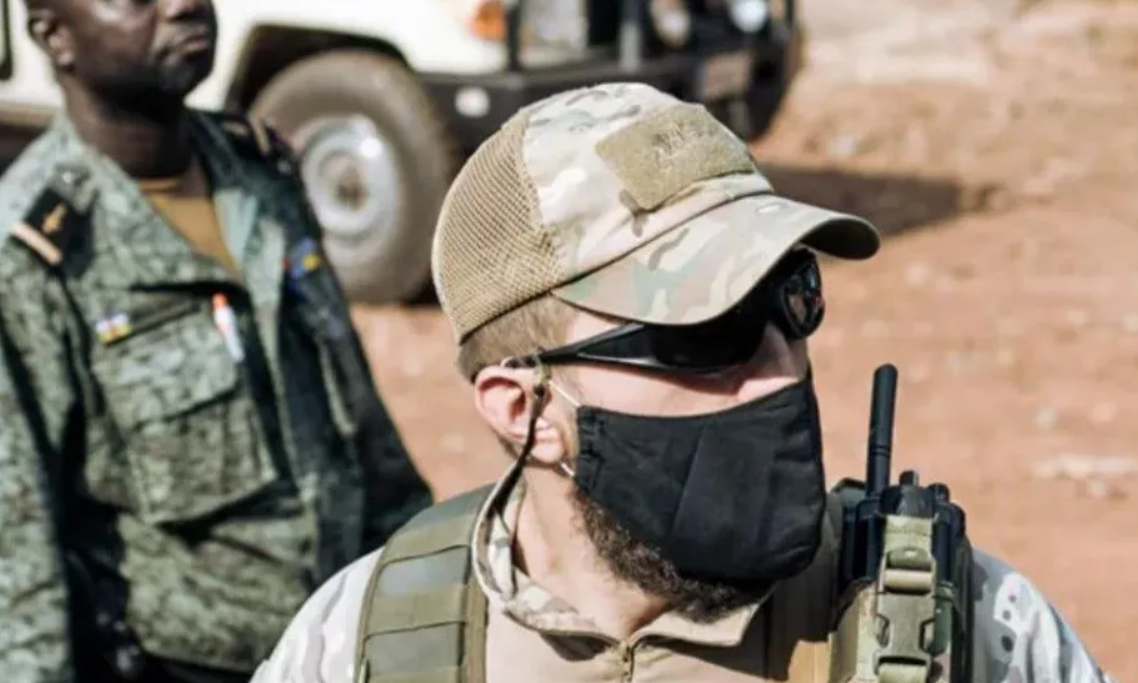Russian Military Activities in Burkina Faso: A High-Level Overview
The 100 paramilitary officers that Russia withdrew from Burkina Faso have garnered a lot of attention, particularly considering the intricate geopolitical situation. The Russian private military organization Bear Brigade, of which these officers are a part, was originally sent to Burkina Faso in May to provide support to the military junta there. The security situation in Burkina Faso, a nation already threatened by recurrent Islamist threats, is being further exacerbated by this retreat, which is intended to strengthen Russia’s defenses in Ukraine.
Burkina Faso and the Bear Brigade
The governing military junta in Burkina Faso received security and support from the Bear Brigade, a unit of about 300 soldiers. In addition to bolstering junta rule, their presence would aid in the fight against the Islamic insurgency that has plagued the area since 2015. But Russia has shifted its military priorities in response to Ukraine’s recent offensive in the Kursk region, so these soldiers are heading back home.
The Withdrawal and Its Effects on Burkina Faso’s Safety
There will be significant repercussions for Burkina Faso’s security situation when the Bear Brigade leaves the country. The jihadist violence has recently escalated alarmingly, with the most recent incident being in the northern town of Barsalogho, coinciding with the pullout. An armed organization affiliated with al-Qaeda, Jamaat Nusrat al-Islam wal-Muslimin (JNIM), carried out this attack, which killed up to 300 people.
These insurgent groups may feel emboldened without Russian paramilitary help, which might lead to increased instability in the region. Despite developing new security alliances with Russia, the junta commanded by interim president Capt. Ibrahim Traoré has failed to reduce the violence. The Bear Brigade’s departure casts doubt on the junta’s capacity to safeguard the populace and preserve peace in Burkina Faso, where approximately half of the landmass is not under official authority.
Russian Influence in West Africa and the Greater Geopolitical Setting
Russia’s goal in getting involved in Burkina Faso is to increase its sway over West African politics. Russian backing has been sought by the military juntas in Niger, Burkina Faso, and Mali following their break with France, the country’s former colonial power. The collaboration of Sahel States was formed as a result of this collaboration. Its purpose is to fight Islamist insurgencies in the semi-arid Sahel area.
An integral part of this plan has been the deployment of Russian paramilitary troops, such as the notorious Wagner Group, which has been renamed the Africa Corps. In their battle against Islamist groups, these forces have been an invaluable help to the juntas. The strategy’s efficacy may be eroding, though, given the recent uptick in attacks, especially in Burkina Faso.
International Collaborations and Burkina Faso’s Future Security
The junta in Burkina Faso will have to rethink its approach to security as the country deals with the aftermath of the Bear Brigade’s departure. If Russia stops providing military aid, it might leave a power vacuum that Islamic militants would be happy to take advantage of. As Islamist threats escalate, the junta’s dependence on paramilitary groups, such as the self-defense militia Volunteers for the Defense of the Homeland, might not be enough.
The situation in Burkina Faso highlights the larger issues that the area is dealing with. After severing relations with longtime Western friends, military juntas in West Africa are finding themselves more and more alone. Their collaboration with Russia has yielded immediate benefits, but whether it can last as Russia focuses on its borders again is an open question.
Conclusion: Is West Africa at a Crossroads?
A major turning point in the region’s continuous fight against jihadist insurgencies has been marked by the evacuation of Russian paramilitary officers from Burkina Faso. Security in Burkina Faso is in jeopardy because the junta is having a harder and harder time keeping power. How well the junta responds to the evolving geopolitical situation and the increasing danger of Islamist violence will be decided in the next months.













